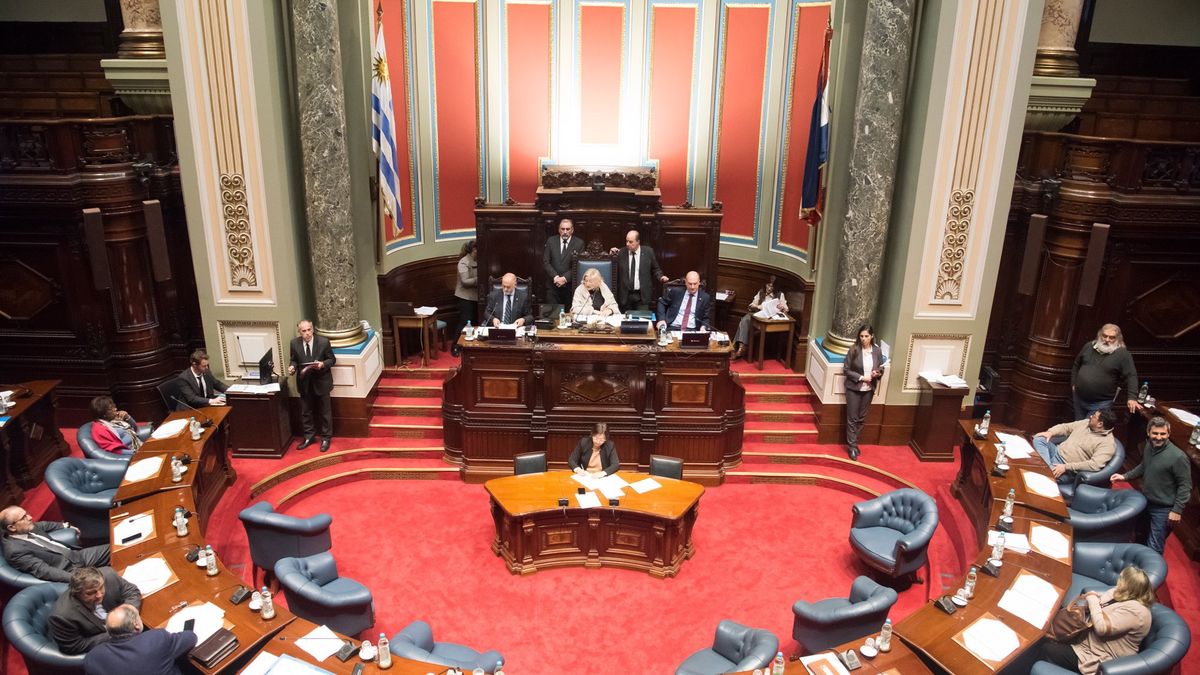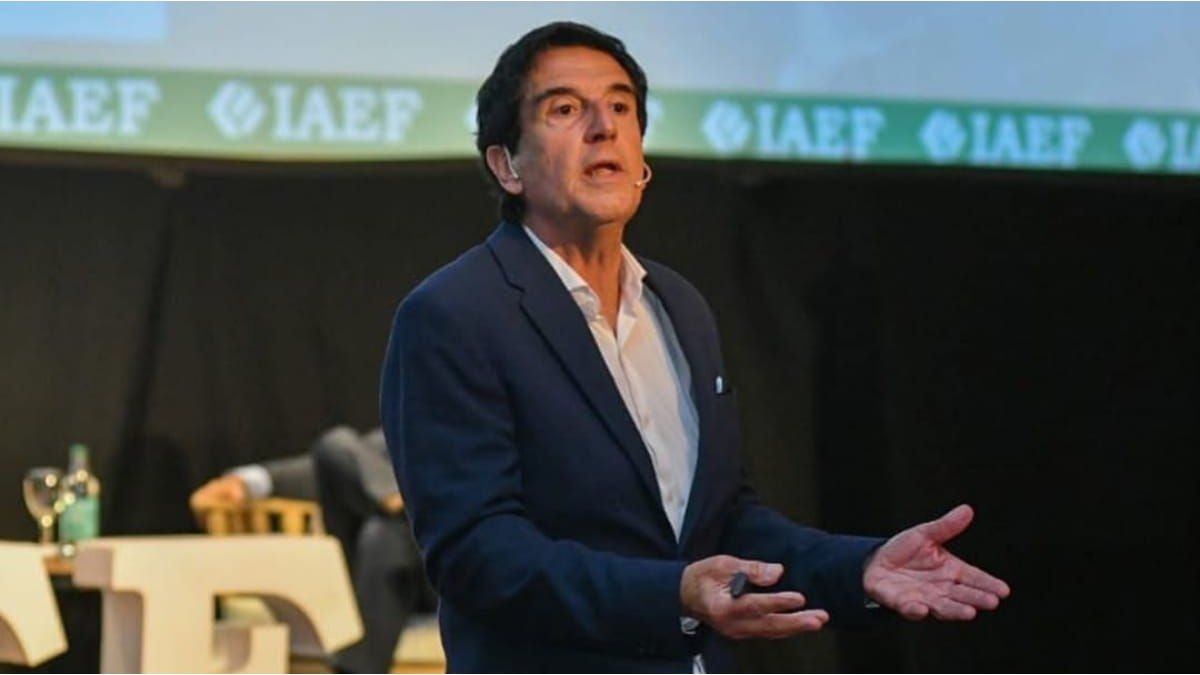The obsolete law of financing of political parties was finally approved this Tuesday in the Senatein a day that began without the main points of conflict between the different parliamentary forces having been resolved.
With time running out elections internal elections on June 30, senators from all parties ratified an initiative that had strong pressure from the Wide Front (FA) and Town meeting (CA) for television channels to broadcast electoral advertising free of charge for one hour daily, in the prime time slot (6 p.m. to 12 a.m.), during the 30 days prior to each election.
Meanwhile, the National Party (PN) and the Colorado Party (PC) They opposed this scheme and defended financial compensation for the stations as well as a one-time duration of five minutes for each party in the dissemination of their electoral content.
Finally, the article that grants the election advertising free minutes on open television services and for subscribers. It establishes that each slogan that has more parliamentary representation or more than 2% of the votes in the internal elections will have 13 free minutes, distributed in 5 minutes at the beginning of the campaign, 3 in the middle and 5 at the end.
The objections of the Frente Amplio and Cabildo Abierto
Basically what they pointed out from the Wide Front and Town meeting is that a financing law for political parties like the one proposed by whites and reds made the difference in the forces to campaign more pronounced since not all of them have the same financial availability. In the case of lobbyists, the senator himself Guido Manini Ríos He was categorical in saying that they do not have funds for the campaign.
Another point of conflict, where the FA and CA clash, but the left coalition has an agreement with the Colorados and Whites, is that of differential economic allocations for the lists headed by women.
Thus, the three forces always agreed that the money transferred to parties whose lists are led by women be 15% greater than what was stipulated in 2009, 20% greater if the list was proclaimed by the Electoral Court and 10% for each woman who holds a position proclaimed by the electoral authority.
Debate over Álvaro Delgado’s controversial spot
The debate in the Senate was preceded by the controversy surrounding a spot broadcast by the campaign Alvaro Delgadotwo weeks ago, almost five minutes long on prime time television.
He was denounced by the Wide Front before the Electoral Court as a violation of the electoral advertising law. From the sector of the former Secretary of the Republic they argued that it was audiovisual material that promoted the candidate’s website to learn about his government program.
Source: Ambito




